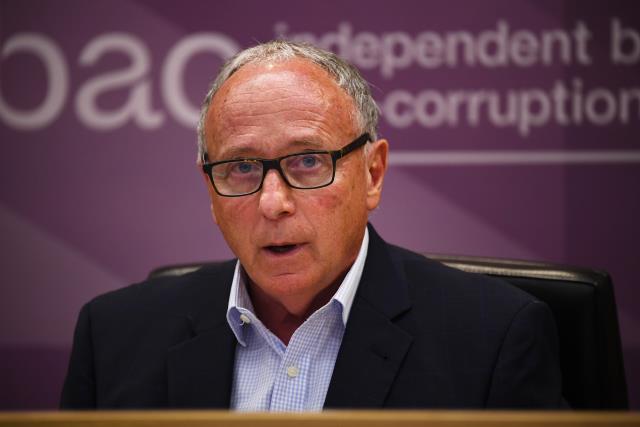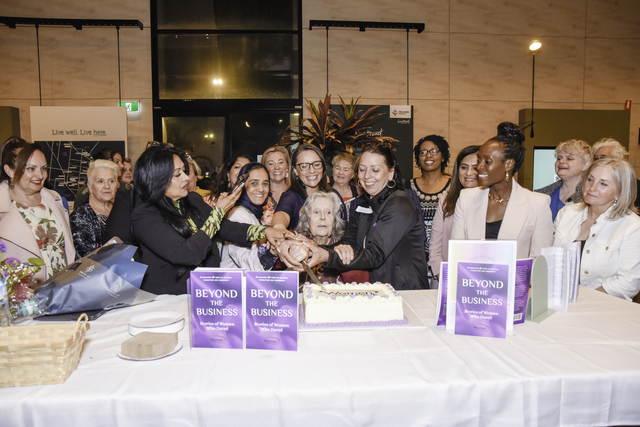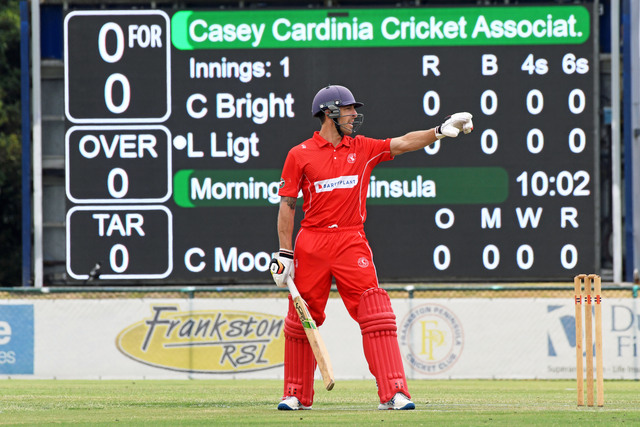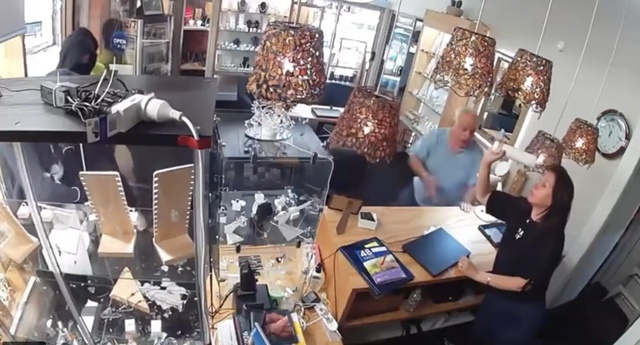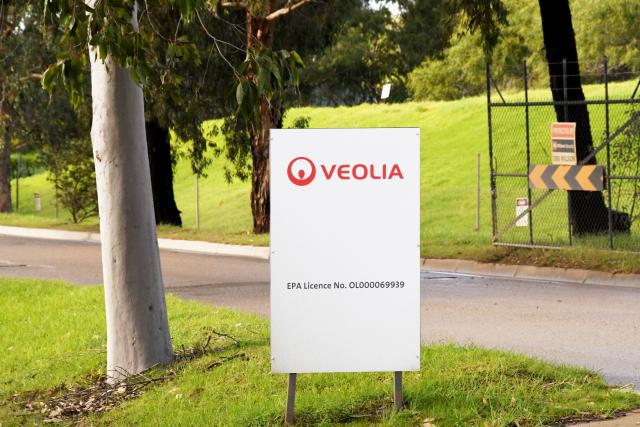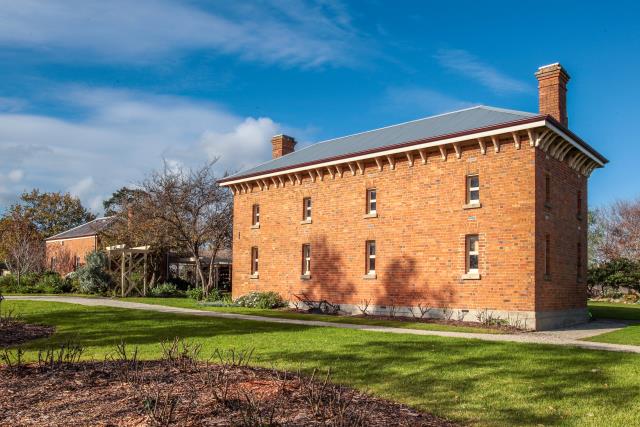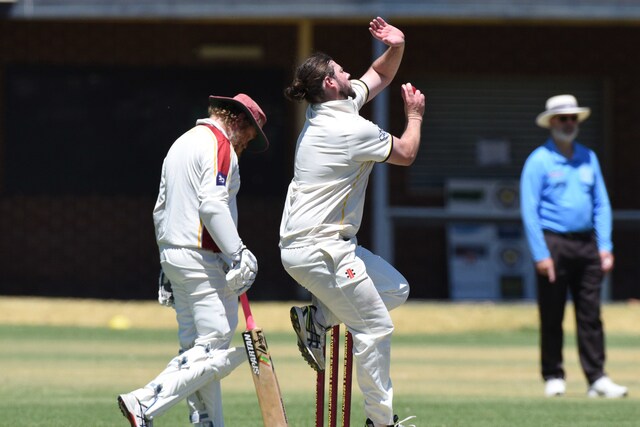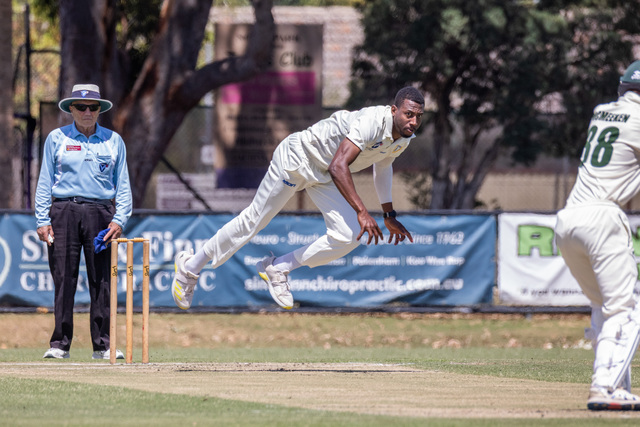IBAC Commissioner Robert Redlich has hit back at “much misinformation” being spread about witness welfare at the anti-corruption body’s inquiries.
Mr Redlich told a Parliamentary inquiry on 9 May that any suggestion that IBAC had failed to address any known witness welfare issue was “simply wrong”.
“I do not have an example of where matters came to the attention of the Commission which ought to have led to a particular witness being treated in a more sympathetic and compassionate way.”
The inquiry was launched after the death of former Casey mayor Amanda Stapledon, who had been publicly grilled during IBAC’s Operation Sandon inquiry in early 2020.
She died days after reportedly receiving a draft Operation Sandon report, which investigated dealings involving Casey councillors, Labor MPs and property developers.
It sparked an outcry against IBAC’s conduct from Ms Stapledon’s friends and supporters.
Ms Stapledon’s specific case was ruled out of bounds by inquiry chair and Labor MP Harriet Shing, who repeatedly warned the inquiry could not “prejudice” ongoing inquiries.
This was despite Mr Redlich saying he was “anxious” to explore the issue.
When asked if IBAC took any responsibility for witnesses committing suicide, Mr Redlich said he was keen to show that the case being referred to “should give the committee no cause for concern”.
He knew of “no circumstance” in which a witness with known mental health issues, including suicidal ideation, was not protected, he said.
Every witness, prior to public examination, is first assessed as to whether they would suffer “unreasonable damage” to their reputation and wellbeing, he told the inquiry.
“Precedence” was given to witness welfare over IBAC’s “statutory obligation”.
Mr Redlich said in both Operation Sandon and Operation Watts – which is investigating alleged ALP branch-stacking – there were “persons of interest” with “highly relevant evidence” who were examined in private.
The public examination of a “critical” “person of interest” in an ongoing inquiry was held off for nine months due to the witness’s “medical state”, he said.
Ms Shing shut down the inquiry’s video feed when Liberal MP Kim Wells raised Premier Daniel Andrews’s reportedly being questioned by IBAC in private.
Mr Wells attempted to ask Mr Redlich if it was in order to protect Mr Andrews’s reputation.
Earlier during the hearing, Mr Redlich said there was a “profound misunderstanding” in the public domain that IBAC could act like a Royal Commission.
But the IBAC Act was quite “prescriptive and different”, he said.
According to the Act, examinations are to be generally held in private.
Inquiries are only held in public if IBAC is reasonably satisfied of all of the following criteria:
· That there are exceptional circumstances.
· It’s in the public interest.
· That there won’t be “unreasonable damage” to a witness’s reputation, safety or wellbeing.
· That there is serious corrupt conduct or police misconduct.
Mr Redlich said witnesses were examined in private if one or more of the mandatory criteria couldn’t be satisfied.
He said he doubted the validity of the “exceptional circumstances” requirement, but backed the unreasonable damage provision as “beneficial to all concerned”.

